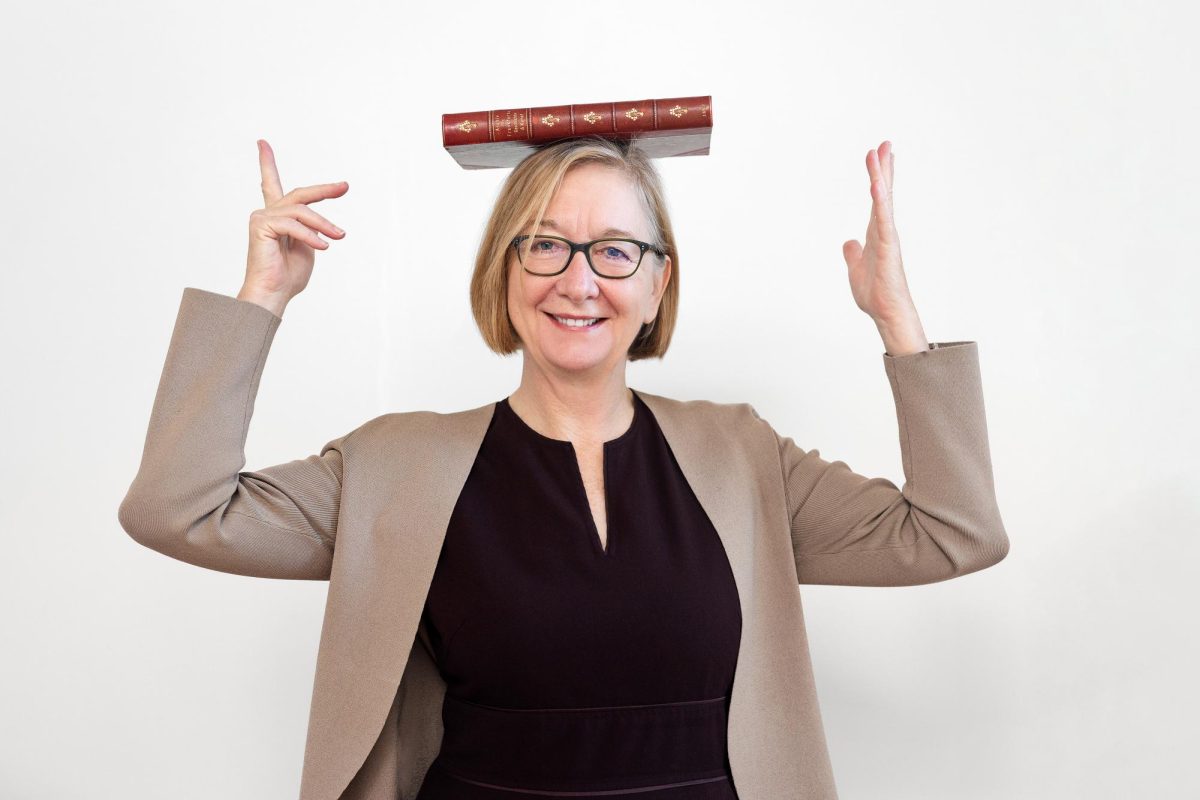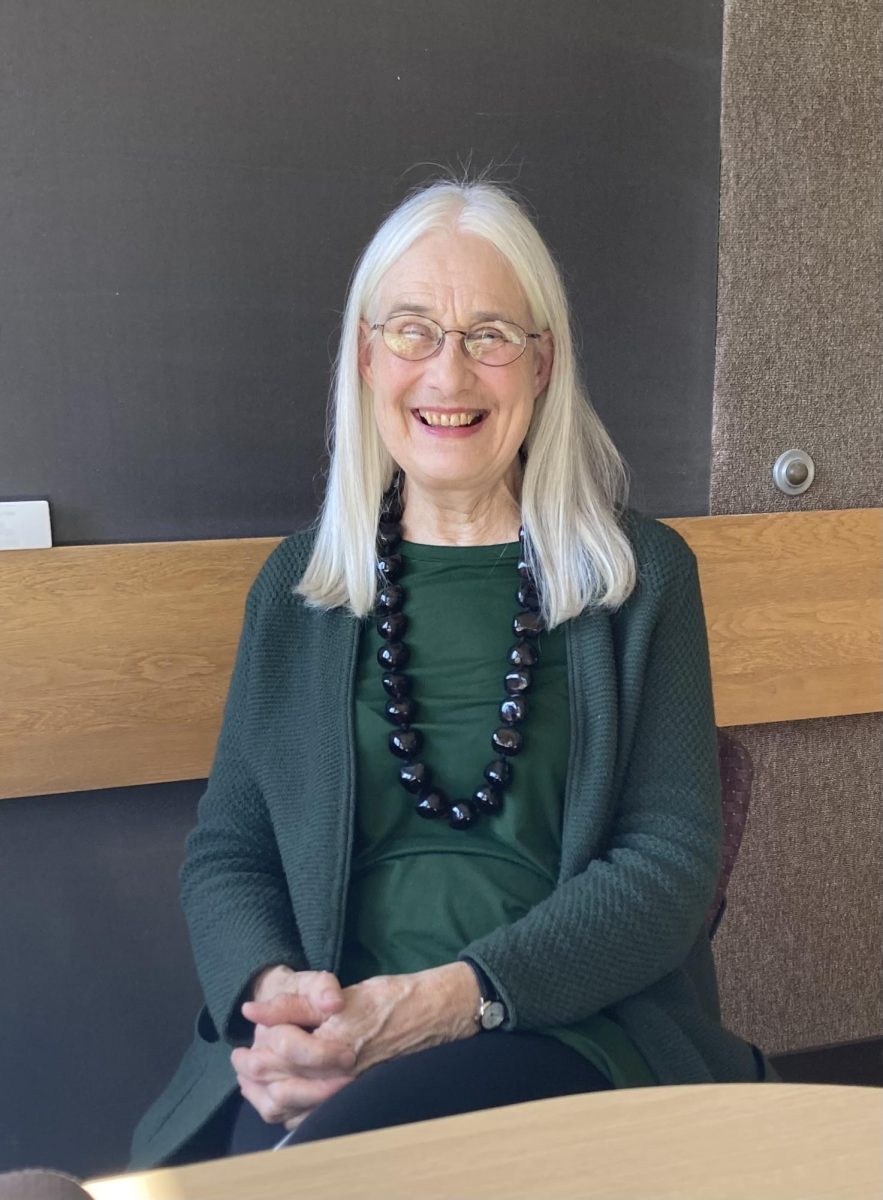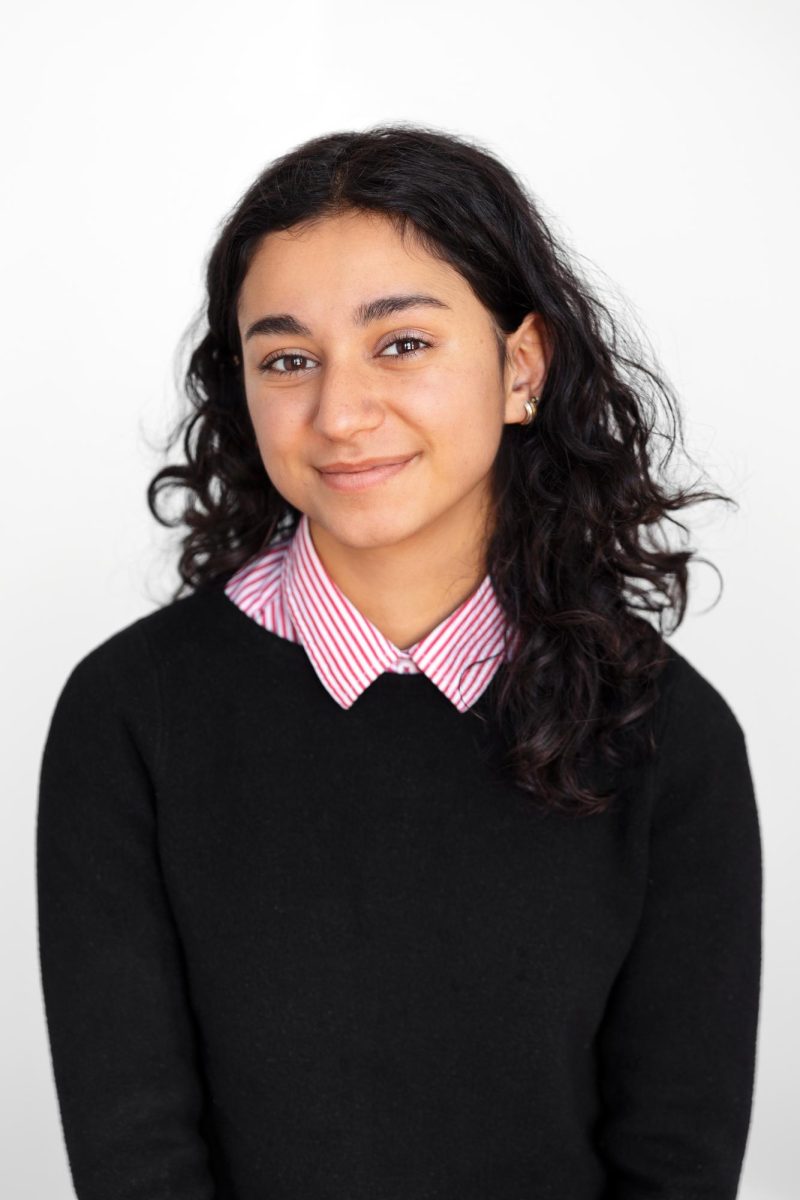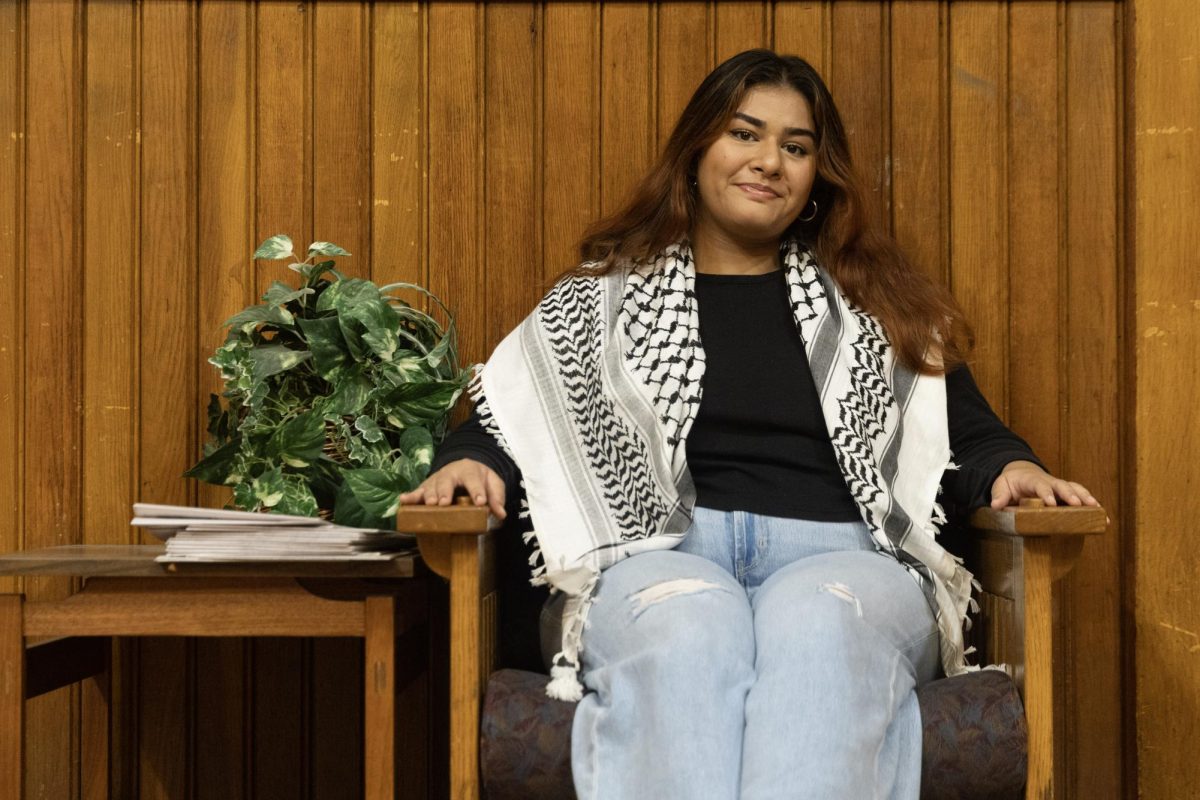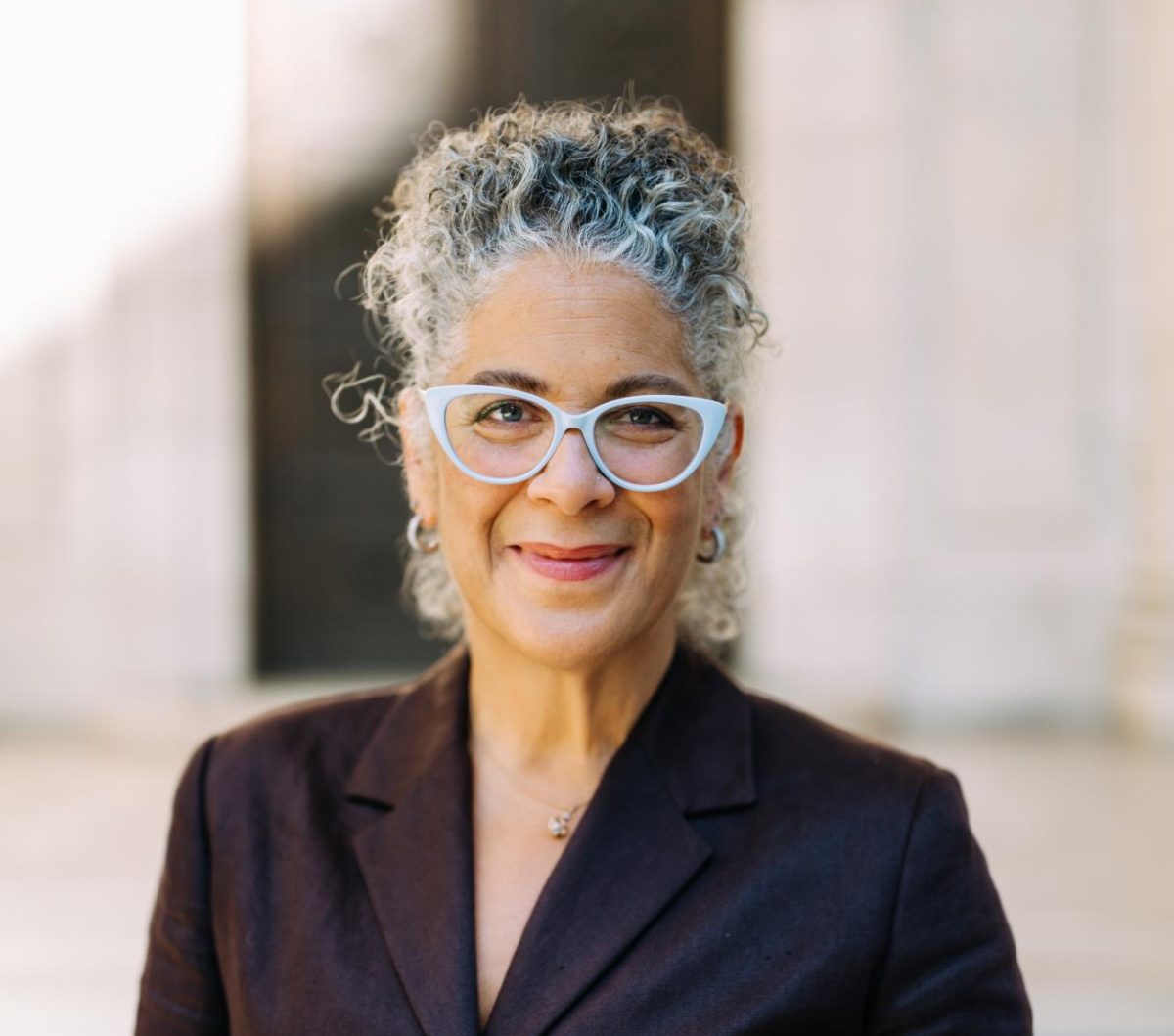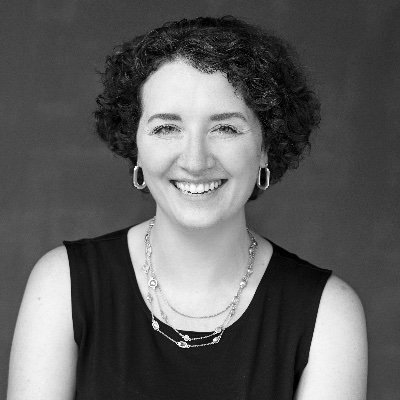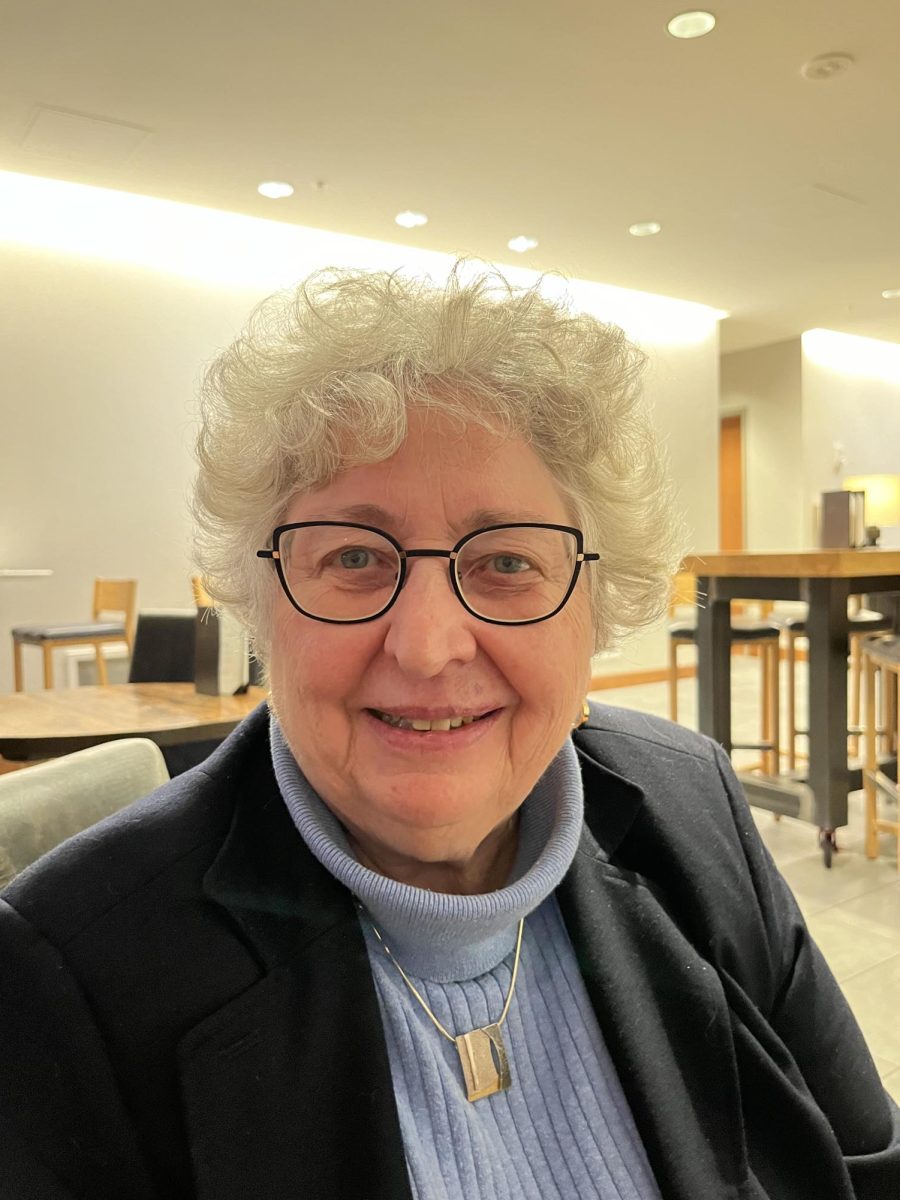Oberlin College Libraries recently celebrated the 50th anniversary of the Mary Church Terrell Main Library in Mudd Center and plans on continuing celebrations throughout the year. Azariah S. Root Director of Libraries and Professor of English and Book Studies Valerie Hotchkiss spoke with the Review about what work in the Oberlin College Libraries entails.
This article is edited for length and clarity.
Can you talk about your role as the Azariah S. Root Director of Libraries? What does a work day look like for you?
My task is to direct the library system, which includes six libraries in four buildings on campus and about 50 staff members. My job is also to make sure the staff feels appreciated, that they know what needs to be done, and that our shared values keep the morale high. We have a great staff here. Indeed, I’ve never been in a place with more dedicated staff. Normally, a director would say, “How can we serve our students and faculty better?” Our staff is already incredible at serving our students, but they always want to do more. I make sure that everything is running well and that we’re communicating with one another. For example, today, we have our monthly full staff meeting. Other avenues for communication allow us to share good ideas, keep abreast of what others are doing, and appreciate how it might impact our different libraries.
But what does a workday look like? Well, it could be talking to a faculty member about an area of the collection they’d like to strengthen or about their students and the research skills that librarians can teach them, working with contractors on facilities issues, or talking with a donor, which I did yesterday.
Do you help with renovating or construction within the libraries?
I am a conduit between you and your needs, the building’s needs, and the director of facilities or the facilities department. We can’t just go out and hire a handyman when we need something, but we can put in work orders. We’re good about that at the library, but we almost overwhelm facilities because these buildings are a lot to take care of. There is always something that could be fixed or improved!
Speaking of the libraries themselves, the Mary Church Terrell Main Library, housed in Mudd Center, just celebrated its 50th anniversary. Can you talk a little about the celebration and upcoming events?
Well, on May 24, we celebrated the day Mudd opened with a little toast in the new Contemplation Garden, but we will also celebrate it again this fall. Mary Church Terrell, the library’s namesake, has a birthday in late September. We thought it’d be another great opportunity, so we will have more celebrations at the end of September or early October. The alumni magazine featured Mudd in the latest edition, with 50 things to love about Mudd and reminiscences from alumni/ae. We will celebrate until 2024 runs out.
In 2022, the Oberlin College Libraries released a strategic directions report for 2022–2025. Could you talk about that and the progress you’ve made?
We all got together to talk about our shared values and where we wanted to go. We found four areas that we singled out as mission crucial: supporting teaching; being partners in research; creating a welcoming and safe space; and prioritizing diversity, equity, and accessibility. The report’s lifespan runs through 2025, and I think we’ve made some progress in all of the areas. I wish we could have renovated Mudd for its 50th anniversary, but that will come someday. Another big and all-encompassing project we’ve got going on now is the migration to a new online catalog, which students will see next June. It’s a state-of-the-art and fairly ubiquitous platform that our students will encounter again if they go to graduate schools such as Ohio State University or Harvard University. It’s bringing Oberlin up to best practices and meeting the standards of our students who need these resources. The online catalog is a 21st-century way of getting knowledge.
When thinking about diversity, equity, and accessibility, I like going back to what accessibility means to us. Can you find the book you need? Can you get into the library? Are we collecting things that matter to you and telling the stories we need to tell? Are we keeping an open mind? Being broad-minded is very important. Our motto is that great minds do not think alike. Our collections reflect that sentiment. If we, as libraries, can play a role in getting our society to listen to one another and really consider arguments and views we do not share, that would be great.
In celebrating the 50th anniversary of Mudd Center as well as overseeing all of these projects, what do you feel, as the director, is your main goal for the Oberlin College Libraries?
I want students to feel comfortable and welcomed in the Oberlin Libraries. Terrell Library is extremely popular, as are the others. Over 1 million people come into the libraries every year to use our great collections, to study, or to relax. I’d like to spruce up Terrell Library, especially the Academic Commons, but it’s popular as is, of course! We have a student library advisory board, which is a student organization at Oberlin, and they are not shy about telling us what they want!
Could you talk about how you got into the librarian profession and give any advice for those interested?
Well, I’ve been working in libraries since I was 14. Like every librarian, I like to read, even though you realize that librarians have no time to read during the workday. More important for my career, I’ve always liked helping people find the answers to what they’re looking for. I worked in libraries all through school, beginning in 7th grade and continuing up through the time I was writing my dissertation, absolutely all the time. I’ve worked in different libraries from Texas to Illinois to Tennessee, and Ohio. It’s been nice to see how things work at different places. As for advice to students who might want a career in information science — get a job in the library. If there isn’t a job, come and see me because there might be some internship or special project that could get your foot in the door. Get a job in the library here, or the public library, and it would be good to be a Book Studies minor. It looks good on the resume and is a great experience. Also, apply for one of our Friends of the Oberlin College Libraries scholarships because we give out three or four scholarships yearly to send students to library and information science school. Finally, even if you don’t want to be a librarian or information specialist, get to know your librarian because, as we say, we are the superheroes who can save your A’s. Seriously, if you don’t talk to your subject librarian before starting a paper or project, you are cheating yourself out of a better experience–and a better grade.


